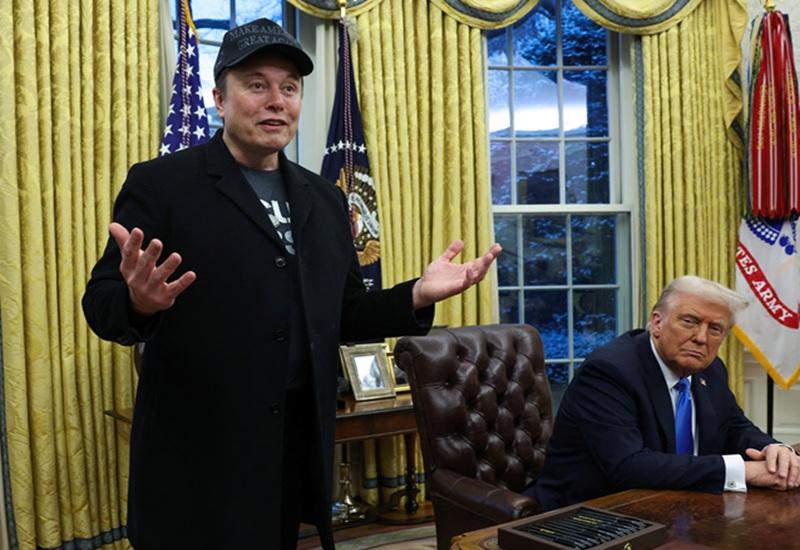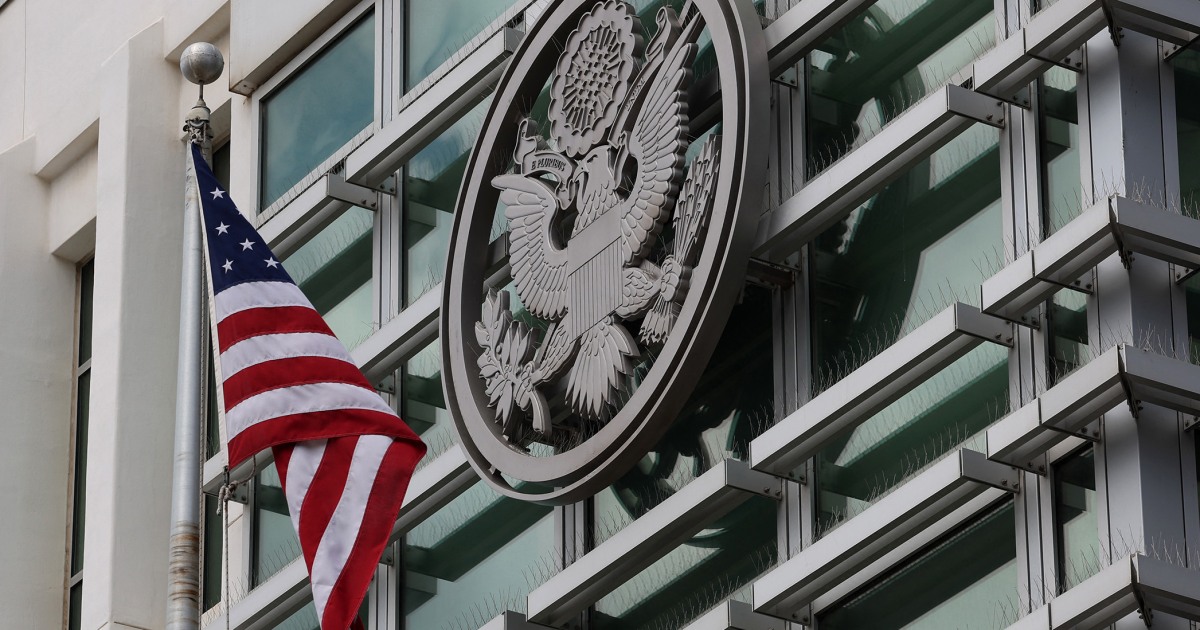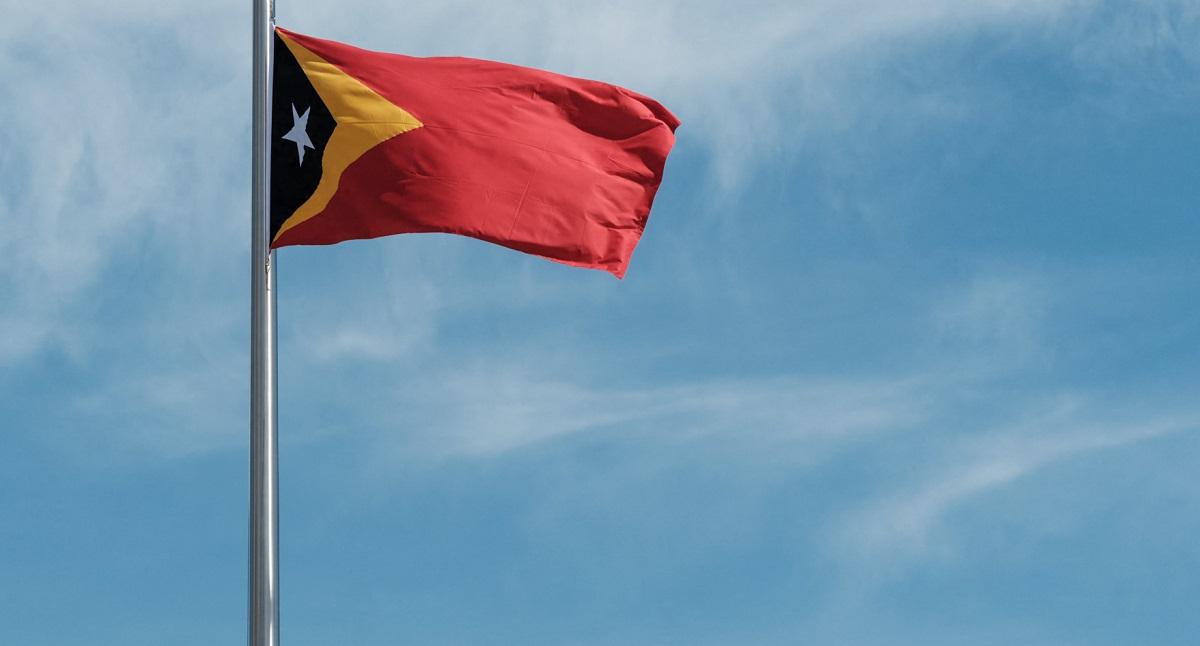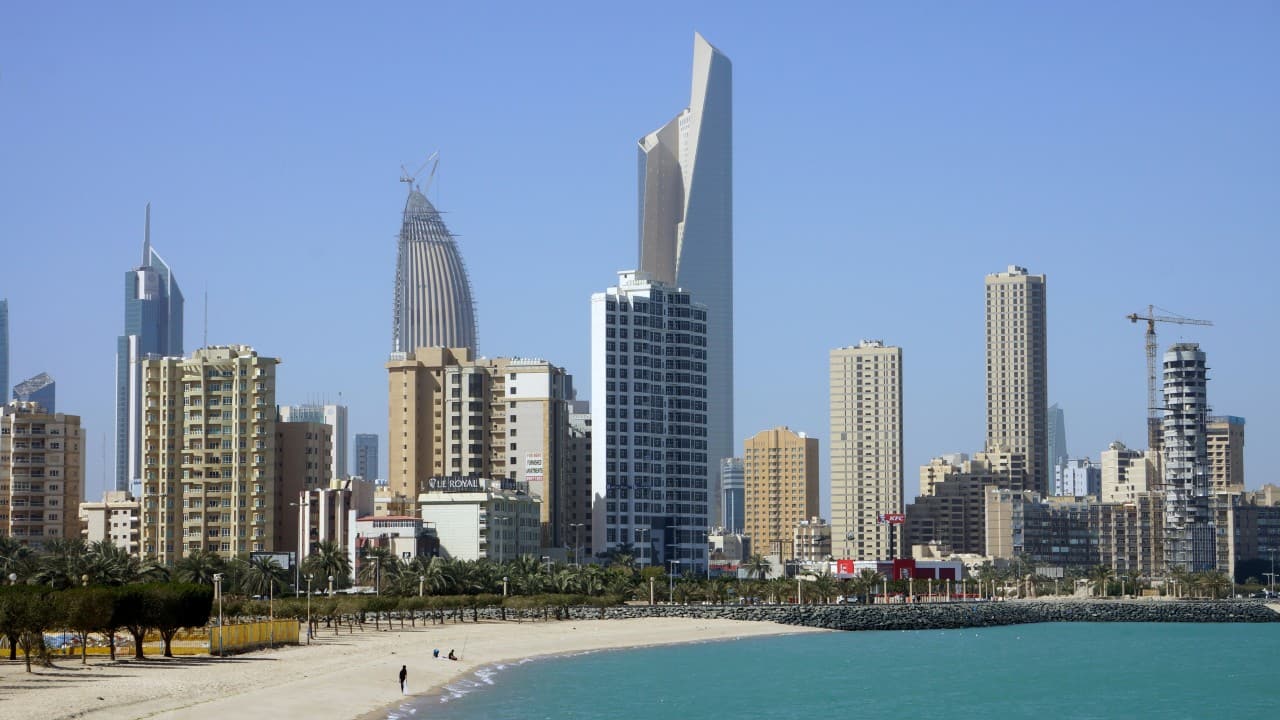US Supreme Court Considers Trump's Bid to End Birthright Citizenship
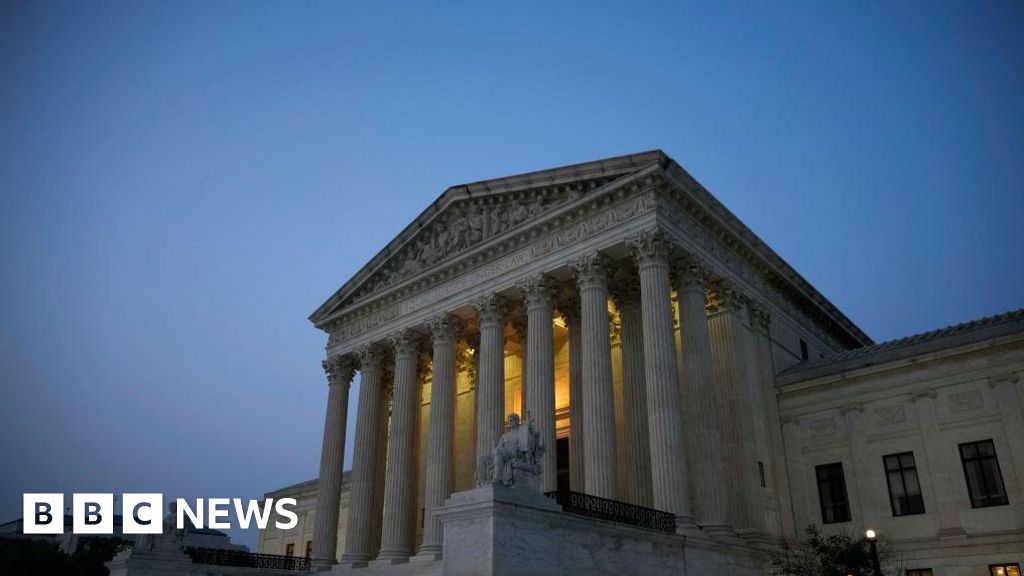
The U.S. Supreme Court recently convened to deliberate on a significant legal challenge concerning former President Donald Trump’s executive order aimed at terminating birthright citizenship. This order, which seeks to restrict citizenship for children born in the United States to undocumented immigrants, has faced substantial hurdles thanks to numerous lower court rulings that have succeeded in blocking its implementation.
Shortly after his return to the White House in January, Trump signed the controversial order. This directive argued that children born in the U.S. to parents who are undocumented should not automatically be granted citizenship. The executive order sparked immediate legal backlash, leading to a series of federal court rulings that imposed nationwide injunctions against its enforcement.
During the Supreme Court hearings, the justices examined a pivotal question: whether lower court judges possess the authority to issue injunctions that block presidential orders on a nationwide scale. The implications of this case could be far-reaching, potentially enabling Trump to bypass Congress and utilize executive orders more freely in advancing his immigration agenda and other policy initiatives.
It is worth noting that the timing of this hearing in May is atypical for the Supreme Court, which adds to the uncertainty surrounding when a ruling might be delivered. Notably, Trump appointed three of the nine justices currently serving on the court during his presidency, positioning the court as a potentially favorable venue for his administration's legal battles.
Legal experts widely contend that the Constitution's 14th Amendment, which guarantees citizenship to all persons born in the United States, poses a formidable barrier to Trump’s efforts. This amendment explicitly states, "all persons born or naturalised in the United States, and subject to the jurisdiction thereof, are citizens." Trump’s interpretation of the phrase "jurisdiction thereof" suggests that automatic citizenship is not applicable to the children of undocumented immigrants or those present in the country temporarily.
However, federal judges in Maryland, Massachusetts, and Washington have issued sweeping injunctions that prevent the order from being enacted. In response, the Trump administration has argued that these judges overstepped their judicial powers. The government labeled the widespread use of universal injunctions as an epidemic that threatens to undermine the lawfulness of executive action.
A Department of Justice official stated earlier this week that such injunctions "fundamentally thwart" the president's policy agenda, characterizing these legal challenges as direct assaults on presidential authority.
The case being discussed in the Supreme Court arises from three distinct lawsuits: two initiated by immigrant advocacy groups and one brought by 22 U.S. states. The Trump administration is urging the court to rule that injunctions should apply only to the specific individuals named in these cases or to the states that are plaintiffs. Such a ruling would enable the government to partially implement Trump's order while still engaged in ongoing legal disputes.
Since the start of Trump’s second term, nearly 40 different court injunctions have been filed, reflecting a significant rise in judicial resistance to his administration's policies. In a related legal matter, lower courts previously blocked the implementation of a military ban on transgender service members, although the Supreme Court ultimately intervened to allow that policy to take effect.
Ending or limiting birthright citizenship could have profound consequences for tens of thousands of children across the United States. One lawsuit contends that such a shift would create a generation of individuals with "second-class status," impacting those who were born and raised in the U.S. Alex Cuic, an immigration lawyer and professor at Case Western Reserve University, pointed out that the potential dismantling of birthright citizenship could render some of these children undocumented or even stateless. "There’s no guarantee that the countries where their parents are from would take them back," Cuic noted, emphasizing the complexity and humanitarian implications of such a policy shift.













